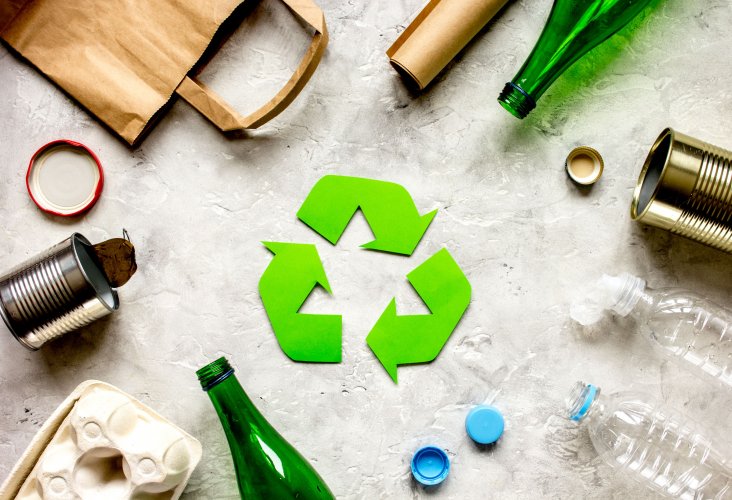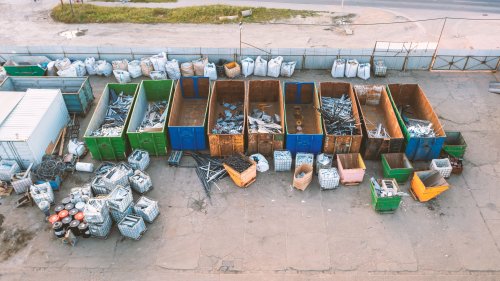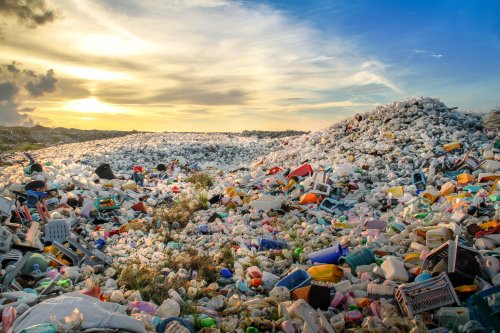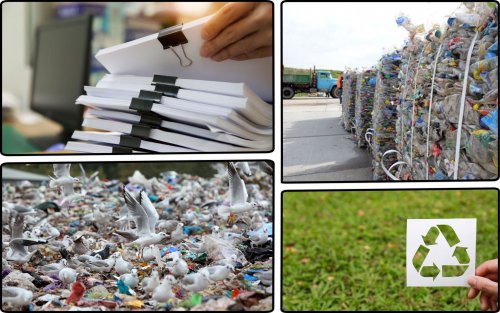At the beginning of the week, the Government of Ukraine adopted in the second reading the long-awaited draft law № 2207-1-d “On Waste Management”.
Why the new legislation on waste in Ukraine is now on time - explained in a public organization Ecoltava .
First of all, the PO representatives stressed that the current legislation of Ukraine on waste management is very far from the requirements of modern realities.
"In fact, the Law on Waste of 1998 is so outdated that it is not worth spending time making thousands, we will not be afraid of these words and amendments," activists said.
In addition, there is currently no current hazardous waste classifier and permitting procedure for waste management operations in Ukraine, which poses a number of threats to the environment and public health.
As noted in the PO "Ekoltava", one law for the entire sector of waste management is not enough, so it does not work.
"By squeezing everything into one document, we will get a solid Code overloaded with perception, an even longer approval procedure, and if we even manage to adopt it, we will certainly face the need for constant amendments," the organization said.
That is why a framework law is needed (an example of this is the EU Waste Framework Directive 2008/98 / EC). Such a document will help to define general requirements for waste management and to define clear goals for individual time intervals.
What issues does Bill 2207-1d address:
- bringing the definitions of Ukrainian legislation into line with EU definitions;
- paving the way for the adoption of sectoral laws (packaging and packaging waste, mining waste, batteries and accumulators, electronic and electrical equipment, etc.);
- introduction of the principle of extended producer responsibility and mechanisms for attracting funding to create an effective system of waste collection and disposal;
- creation of a central executive body in the field of waste management and formation of a permit system in the field of waste management (licensing, permits for waste treatment operations, cross-border transportation);
- setting up the administration of the process of providing waste management services;
- formation of an effective tariff taking into account the costs of removal, processing and disposal and the introduction of control over the activities of landfills, including the allocation of funds for reclamation and maintenance of the landfill for 30 years after closure;
- setting targets for waste preparation for reuse, household waste recycling and other material recovery;
- mandatory admission of representatives of the State Ecological Inspectorate to waste management facilities and implementation of monitoring and reporting procedures;
- pre-license inspection of the material and technical base of the business entity;
- formation of an open electronic database.
Activists pointed out that the proposed bill № 2207-1d does not address all pressing issues and will not help to quickly create an infrastructure for quality waste management. But it lays the groundwork for a radical change in Ukraine's outdated corrupt waste management system and paves the way for effective new decisions.
As reported EcoPolitics the day before, by 282 votes of people's deputies approved in the second reading and in general the Law “On Waste Management”.





